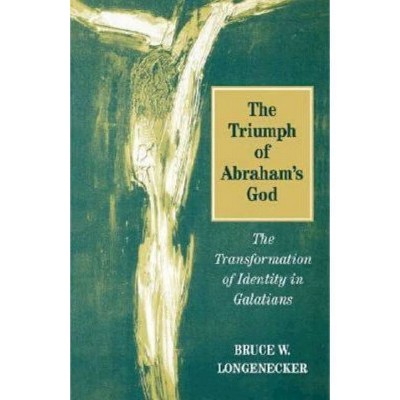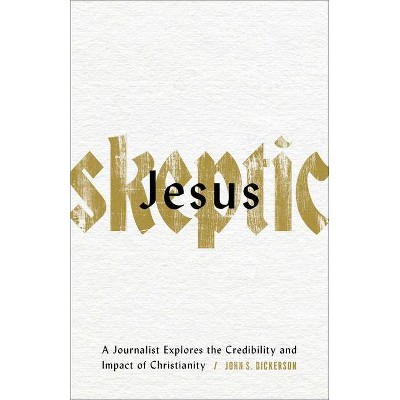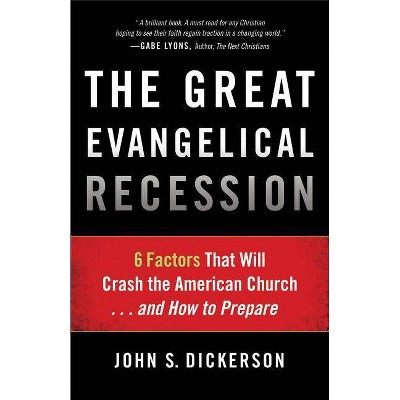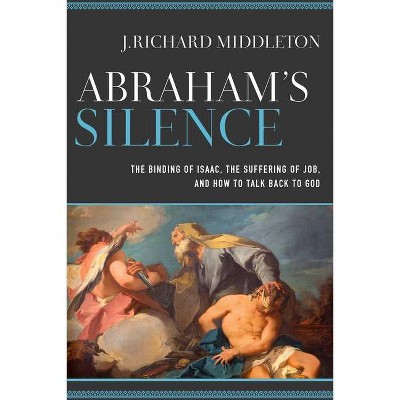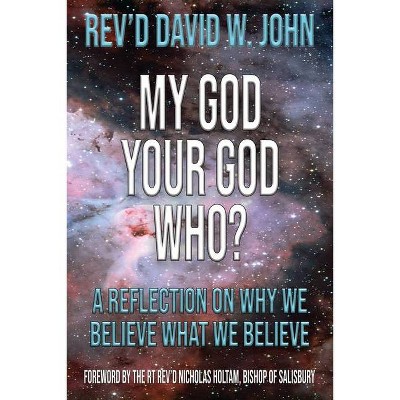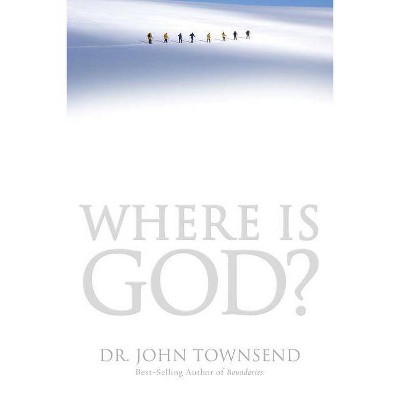Abraham's God - by John W Dickerson (Paperback)
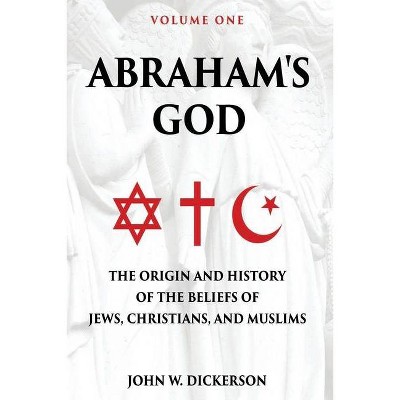
Similar Products
Products of same category from the store
AllProduct info
<p/><br></br><p><b> About the Book </b></p></br></br>"Abraham's God" is not a book of religion for the religious, but for anyone attempting to understand the deep divides and violent conflicts between Jews, Christians, and Muslims. Judaism, Christianity, and Islam share the same fundamentals of faith in the same God, yet for most of history they have been violently divided.<p/><br></br><p><b> Book Synopsis </b></p></br></br><p>Over four billion people around the globe proclaim the same God and share the same deeply entangled beliefs. How can it be that two-thirds of the world population came to these same beliefs? </p><p>You may have been born a Jew, a Christian, or a Muslim, and then either pulled away from your faith, changed your faith, or continued in the faith of your family. At some point you probably even questioned your faith and your religion. I am not a scholar with a PhD, nor am I a priest or pastor. Rather, I am someone just like you who began asking questions about the faith into which I was born. I then spent over fifty years reading, studying, traveling, and even praying, looking to understand these three great religions of human existence. The result is <em>Abraham's God</em>. It is a history of the origins of the beliefs of Judaism, Christianity, and Islam-not as you were taught in your Sunday school, church, synagogue, or mosque, but as told in the sacred books and in the archeology, documents, and study of hundreds of experts in history, language, and religion. </p><p>There are four billion people with the same basic faith in the same God. <em>Abraham's God </em>tells you how that came to be. </p><p/><br></br><p><b> Review Quotes </b></p></br></br><br><p><strong>Abraham's God: The Origin and History of the Beliefs of Jews, Christians and Muslims</strong> by John W. Dickerson</p><p>In last month's newsletter, I put in Amazon's description of <strong>Abraham's God</strong>. I have now read the book. Questions. I have questions. I can just see Mr. Dickerson, as a teenager, looking into the eyes of his church elders and saying, questions. I have questions. Not the statements church elders want to hear. His high school religion teacher told him "his questions were beyond the general level of the class and would he please keep the questions a little more to himself." He then basically said that, "some things must be accepted on faith alone." Those early religion classes led Mr. Dickerson on a path that lasted 50 years and culminated in <strong>Abraham's God</strong>.</p><p> When he asked me to read his book, I had trepidations. I'm not a particularly religious person. But as I read the book, I realized that this is not necessarily a book for the religious. It's a book for the curious, a book for historians, a book to help you better understand the underpinnings of the strife between the three major religions of today's world. The book is broken into three sections which leads to one major point...Abraham's God is the God of all three religions. The major question is how did, "the God of a desert nomad, a peasant Jew, and an Arab trader" guide "the arc of Western history" that "continues to impact the issues of today." Mr. Dickerson must have had one humongous black board to keep track of the many variables in his book. There are 1056 footnotes. He starts the book in 2000 BC and takes us up to 800 AD.</p><p>Many take the words of the bible and Qur'an as THE word, meaning they come straight from the lips of God. Others believe, as Mr. Dickerson surmises, that the foundations of the three religions is a mixture of fact, tall tales, myths, snippets of words heard then written on pieces of papyrus or on rocks. In each section, he meticulously takes us through the building blocks of each faith.</p><p> I thought the book was very well written. His writing style is more like a conversation. I also liked the way he used current events or topics as analogies to help us understand events that might have happened in 500AD. I'm not going to say I didn't flip through some pages because I did. All in all, as my blog name suggests, it satisfied my curiosity. I hope this does well for him. He's now writing his follow-up, <strong>Abraham's Devil</strong>.</p><p>Linda Camanti</p><br>
Price History
Price Archive shows prices from various stores, lets you see history and find the cheapest. There is no actual sale on the website. For all support, inquiry and suggestion messagescommunication@pricearchive.us
